National gathering
The national gathering in Leipzig is ongoing until May 29 featuring a busy program of events on the theme: “Behold the man!”. Stefan Vesper, General Secretary of the Central Committee of German Catholics, who organizes the event, illustrated its content and topical relevance. Focus on the refugee emergency, on new populist movements, national and European scenarios.

“Behold the man” is the title of the 100th edition of the Katholikentag, the Day of German Catholics, to be held in Lepizing May 25-29. The big event takes place at a time of heated social political, religious debates at national level. The Katholikentag is traditionally organized by ZDK (Zentralkomitee der deutschen Katholiken – Central Committee of German Catholics) in cooperation with dioceses, in this case with those of Dresden-Meissen and Magdeburg, in collaboration with German Catholic associations. The meeting focuses on Catholic laity. It occasions dialogue between believers and non-believers, attended by bishops involved in the dialogue process with citizens in breweries; it promotes debates for families and young people and occasions for dialogue with Muslims and Jews. Stefan Vesper, ZDK Secretary General, hereby presents to SIR the main themes of the event that starts tomorrow.
The hundredth edition of the Katholikentag is celebrated at a time when German Catholics are called to undertake a major effort to bear witness in the Country. What are the main themes?
As always, the Katholikentag is a kind of “mirror of the times.” Participants tackle current, societal issues pertaining to the Church. In the social field the focus is on the refugee crisis (some 37 meetings address the full spectrum of this theme), along with social cohesion, the surge of populist movements nationwide, Europe’s concerns, climate change, global justice, and so on.
The themes regarding Church life draw inspiration from the words of Pope Francis,
The Synod on the Family, “Amoris Laetitia”, the great contribution of the Synods within our Church, the importance of lay Catholics’ commitment in the local Church, the role of women inside the Church and many more. The Katholikentag is also a deeply spiritual event, with many Eucharistic celebrations, prayers and liturgies. We bear witness to our faith and hope, also in this way.
What is the difference between the life in the dioceses and ex-lander of the ex-German Democratic Republic and that in the ex-Federal Republic, also in consideration of the celebrations marking the 25th anniversary of national reunification?
During the Katholikentagen “Catholics have the opportunity of meeting each other”, a ZDK President once said. He was right. It’s an occasion to learn more about the way Catholics live in different parts of the Country. There are big differences for example between Cologne or Munich, Hamburg and Leipzing. Another important aspect is that Western Catholics must learn more about how the Catholics of ex-DDR Länder ex-Ddr live as members of a minority religion. In fact, only 4% of those living in Leipzing are Catholic, 20% are Evangelical, amounting to less than 25% of Christians all together.
A large part of Leipzig’s population has heard little or nothing about God
and most of them have nothing against us. The majority view Christians with more distance that interest. A part of the program, open to all without entrance fee, is called “Living with and without God”: we want to show how Christians live with God. The event is open also to those who wish to share how they live without a transcendent reference.
How did you overcome the difficulties linked to an event where Catholics are a minority?
We are very grateful for the support of local Catholics and of our Evangelical friends who opened all their churches for the event, and also to the faithful who gave a great contribution. This year the number of local Christians involved is lower compared to previous Katholikentagen
But we will be helped by 2 thousand volunteers arriving from all over the Country.
German experts in conjunction with Catholics from Dresden and Leipzig have drawn up the calendar of events. Furthermore, all dioceses in eastern Germany have actively cooperated in the organization of the Katholikentag. From this perspective the two-year preparation process is equally important and fruitful as the five-day Katholikentag.
Saxony and eastern Thuringia are borderlands, lands that experienced the encounter between different peoples and faiths, albeit not always peacefully. In your opinion, in what way could this heritage give a contribution to dialogue and to debates during the Katholikentag?
We received major support from Saxony and from the region as whole, also in financial terms. The disputes of the Reformation are long gone. We work together in a very positive way, also because we are a social minority. We are indeed brothers and sisters. Moreover, Katholikentag 2016 is being held immediately before the fifth centenary of the Reformation that evangelical Christians will celebrate in 2017. They have been preparing this event for a long time, and they too can draw from the experience of our preparations. I consider this a beautiful thing. The good of all people is what most counts for both. Also in this case applies the motto of the Katholikentag: “Behold the man!”